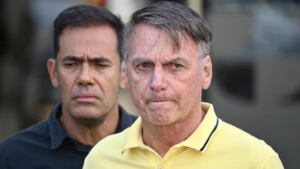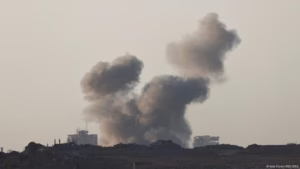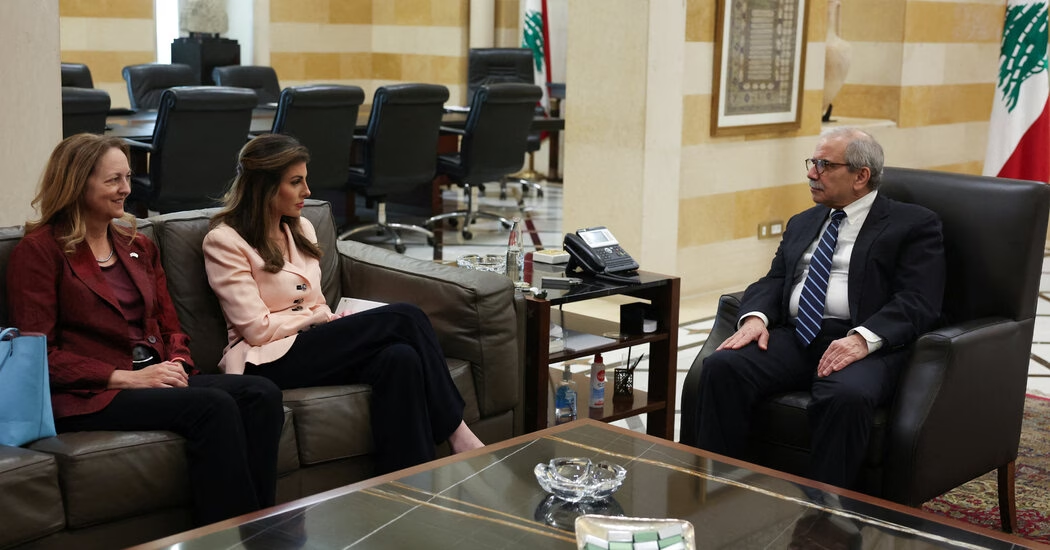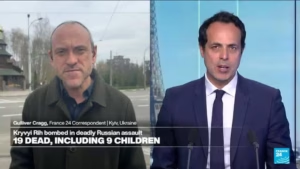A top Trump administration envoy to the Middle East visited Lebanon on Saturday, amid U.S. pressure on the country to crack down on Hezbollah and amidst rising tensions with Israel, despite a U.S.-brokered cease-fire.
Morgan Ortagus, President Trump’s deputy Middle East envoy, met with senior officials following strikes over the past two weeks that threatened the November-truce.
The Lebanese government has aimed to rebuild the nation after the destructive war between Israel and Hezbollah, which resulted in about 4,000 deaths and one million displaced individuals in Lebanon. Hezbollah, the Iran-backed militant group, though weakened in the war, continues to wield considerable influence.
On Saturday morning, Ms. Ortagus met with Lebanon’s new president, Joseph Aoun, to discuss issues including the situation in southern Lebanon. Under the cease-fire, the Lebanese military is expected to take control in the south, where Hezbollah was formerly deeply entrenched.
Last week, militants launched rockets at Israel, prompting Israeli forces to bomb the outskirts of Beirut and southern Lebanon. Israel subsequently targeted the area south of Beirut — the Dahiya — claiming to hit a Hezbollah official, intensifying fears that the truce could collapse.
Hezbollah denied any involvement in the rocket fire. Neither Israel nor Hezbollah has shown a desire for a return to full-scale war, and the cease-fire has held so far, despite heightened tensions.
Ms. Ortagus and Mr. Aoun also discussed the ongoing financial reforms implemented by Lebanon’s new government. Lebanese officials hope these efforts will attract increased foreign aid — including from the U.S. — to reconstruct the nation.
The World Bank last month estimated the total damage and economic loss from the war to be $14 billion, with Lebanon needing $11 billion for reconstruction, making this conflict the nation’s most destructive since its long civil war ended in 1990.
Experts contend the amount of international aid will likely depend on the Lebanese government’s ability to assert control throughout the country, including disarming Hezbollah. Prior to the war, Hezbollah was so powerful it was widely regarded as a state within a state.
Source: https://www.nytimes.com/2025/04/05/world/middleeast/lebanon-us-israel-hezbollah.html




